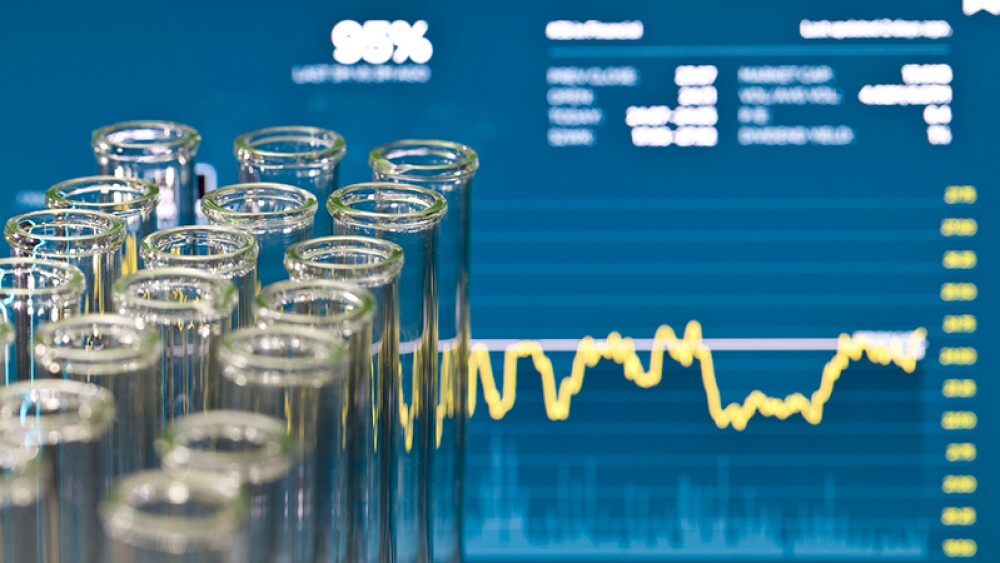April 27, 2017
By Alex Keown, BioSpace.com Breaking News Staff
WASHINGTON – The administration of President Donald Trump put forth the outline of a tax reform package this week that included a reduction in corporate tax rates and an opportunity to bring cash banked overseas back into the United States without tax penalties.
It’s estimated that more than $2 trillion of U.S. corporate tax money is banked outside the United States, the New York Times said. Of that, there is an estimated $133 billion belonging to the top nine U.S. pharmaceutical companies, according to an Endpoints report. John Carroll, citing analysis put together by Evercore ISI analyst Umer Raffat, created a list of the nine companies and how much money they had stashed overseas.
1. Amgen—$34.5 billion
2. Gilead Sciences—$27.4 billion
3. Merck—$21.9 billion
4. Pfizer—$15 billion
5. Eli Lilly—$9.8 billion
6. Bristol-Myers Squibb—$8 billion
7. Celgene—$6.1 billion
8. Biogen—$5.5 billion
9. AbbVie—$5.3 billion
Carroll noted that Raffat’s list was quickly assembled and based off filings and conversations with executives. He also noted that Pfizer has been said to have had as much as $80 billion parked in overseas accounts, which is a much higher number than Raffat posted.
Many investors and industry leaders have been hoping the administration would formulate a plan allowing offshore monies to be brought back home in order to spur innovation as well as mergers and acquisitions. As Carroll noted in his article, many of the companies listed above are said to be in looking at making an M&A move, such as Amgen, Gilead, Pfizer and Biogen. If a plan is put into place that would allow these funds to come back to the U.S. without tax penalty, this could go a long way to spurring some M&A activity in the industry.
Another benefit that the U.S. pharma industry, as well as other corporations, could see is a reduction in the corporate tax rate. Under the Trump proposal, which was provided to media on a one-page bulleted list that provided no explanation of how the plan would work, the corporate tax rate is proposed to drop to 15 percent–well below the current 35 percent corporate tax rate. Using various accounting measures, some companies are able to keep their rates lower than 35 percent. Citing Raffat’s work, FiercePharma noted that the average rate of U.S. pharma giants are about 23.2 percent, with a company like Regeneron topping out at 35 percent and Amgen coming in much lower at 19 percent.
Until Trump’s administration presents a complete plan, the proposal amounts to little more than a wish list, although it’s one that certainly has piqued the interest of industry leaders, many of which have been critical of the tax rate.
In 2015, Pfizer Chief Executive Officer Ian Read said the U.S. Tax Code puts American companies at a disadvantage. His comments, delivered at the BIO CEO conference that year, were made while Pfizer was looking at a reverse-merger with Ireland-based Allergan as part of a tax inversion plan. The Pfizer-Allergan deal was expected to decrease Pfizer’s annual tax bill by about $1 billion. That deal was eventually called off following a new set of rules released by the U.S. Treasury Department that makes it more difficult to conduct tax inversions.





